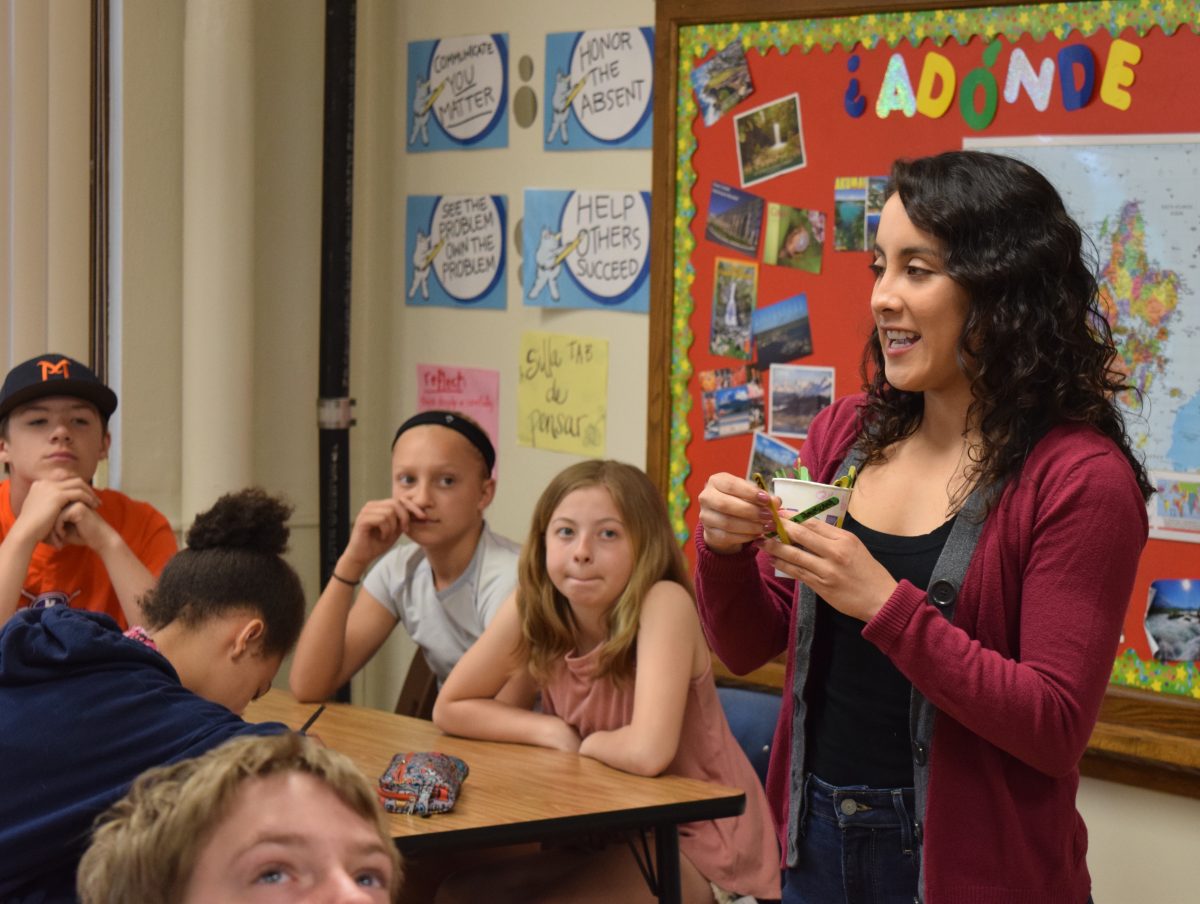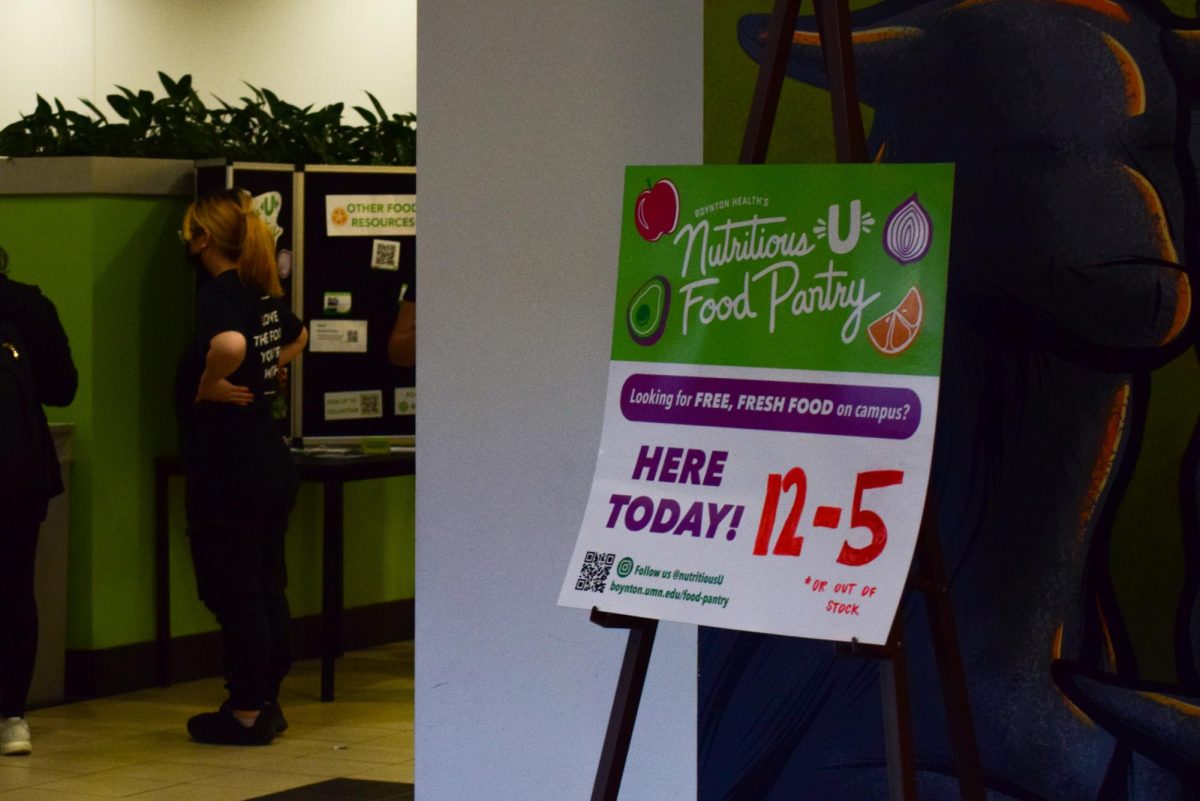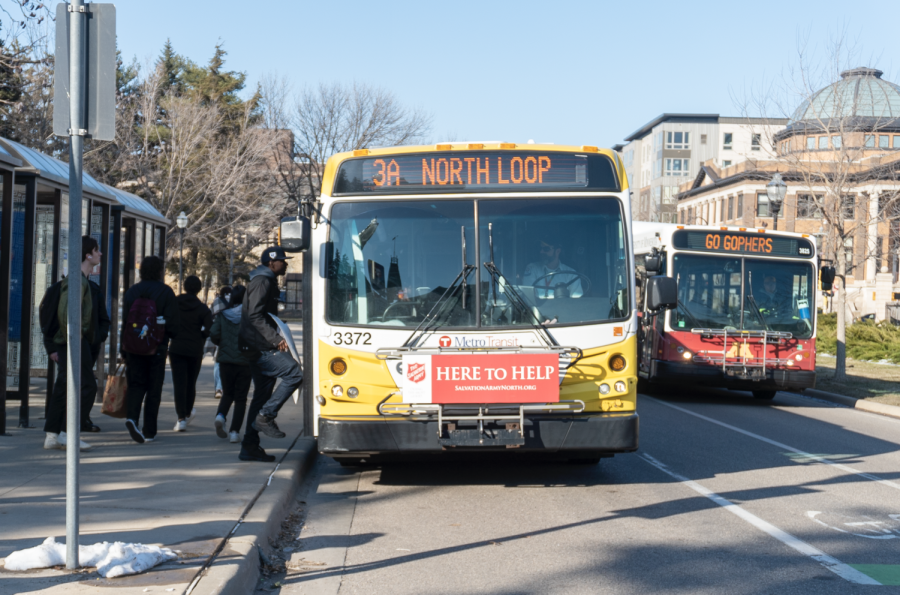A new federal bill could expand the University of Minnesota’s already growing open textbook program.
On March 23, the federal government approved a spending bill that includes $5 million for fiscal year 2018 to help universities integrate free online textbooks.
The bill will create a federal pilot program that offers grants to institutions that apply, allowing them to use and invest in free educational materials.
Open textbooks are often created by college and university faculty with the intent to make them free to access, said David Ernst, executive director of the Open Textbook Network and a University administrator.
“[Universities] just decided that this is something that they should do for the good of students. Collectively, they’ve created quite a few, and now there’s enough to make a pretty big dent in textbook costs,” Ernst said.
Textbook prices have been climbing nationwide for years, and rose by 63 percent between 2006 and 2016, according to the Bureau of Labor Statistics.
Currently, a bill is making its way through the Minnesota state legislature that would require at least 15 percent of all courses at Minnesota state schools to use affordable and open textbooks. Open textbook programs have been funded on a state level in the past, but never on the federal level.
Although the allotted money from the federal government is relatively small, the bill’s impact could be significant, Ernst said.
“The fact that the federal government is funding this work, in some ways, could bring a lot of attention and legitimize [open textbooks],” he said.
Open textbooks at the University
At the University of Minnesota, students spend an average of $1,000 on textbooks per year, according to data from the University libraries. Of students surveyed in 2016 at the University, 49 percent said they take fewer classes because of the cost of textbooks.
The University is “absolutely” interested in applying for these grants to supplement its existing program, said University Dean of Libraries Wendy Pradt Lougee.
The University libraries system started the Partnership for Affordable Content in 2015. PFAC spreads awareness of open textbooks and gives grants to faculty members to create textbooks and other free online resources.
Since the program launched in 2015, 30 textbooks have been published, amassing readers across the U.S. and in countries like the U.K. and India. PFAC has saved University students an estimated total of $3.5 million dollars on textbook fees, Lougee said.
Ernst’s Open Textbook Network also hosts around 450 works in its Open Textbook Library, which launched in 2012.
The Association of Big Ten Students had open textbook programs on its legislative platform for more than a year, coordinating social media and outreach campaigns between its member campuses to advocate for them, said University student Max Hurst, legislative director for ABTS and the Minnesota Student Association.
“We all thought that this would be a good move to make textbooks more affordable as one of the leading costs in college lives,” Hurst said.
ABTS plans to push for $10 million in program funding from the federal government for fiscal year 2019 — doubling the current allotment, Hurst said.
“There’s still a long way to go,” said Ernst. “But I think in the past year or two, there’s been more and more awareness that [open textbooks] do exist and they are an option.”
















